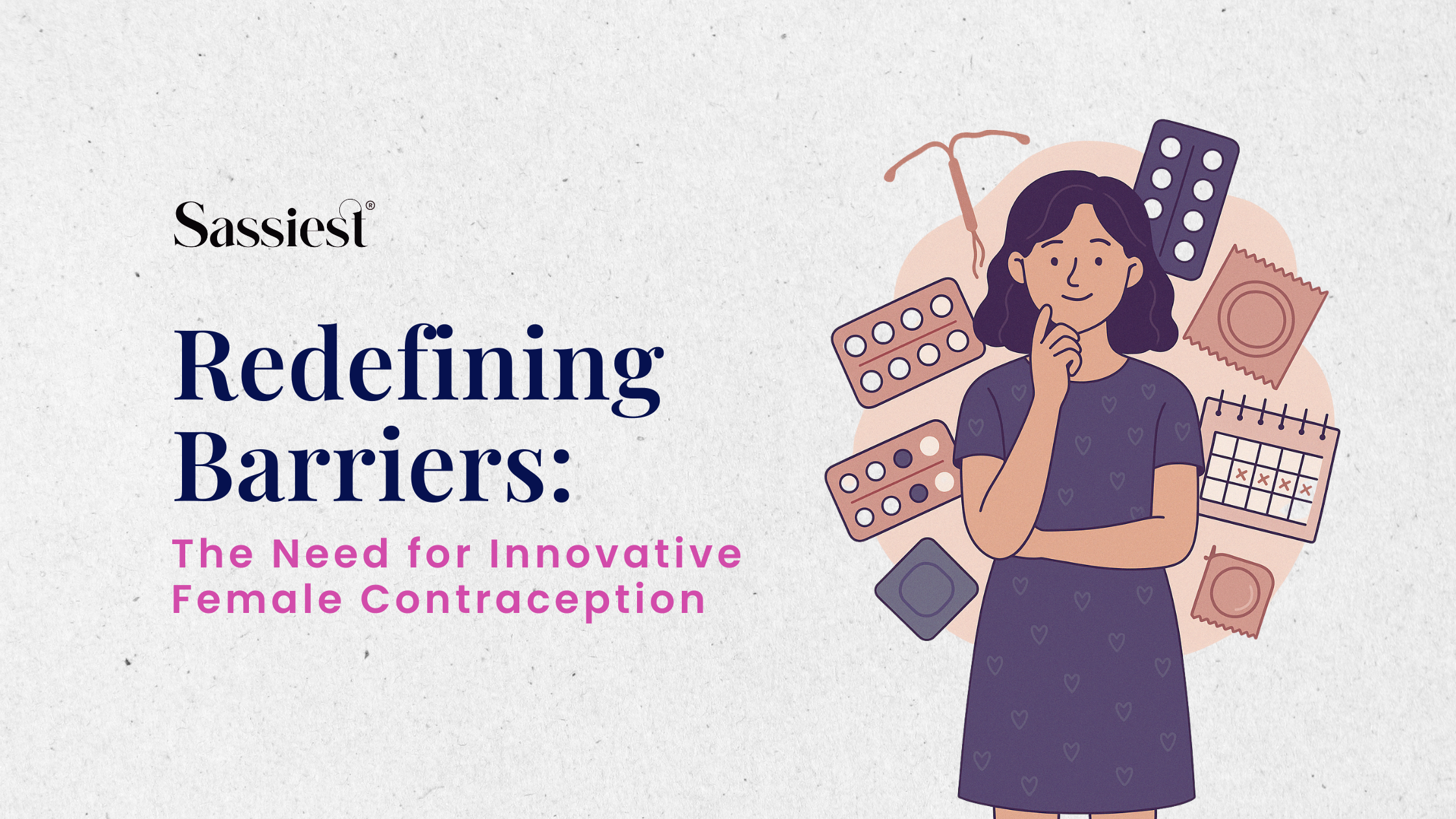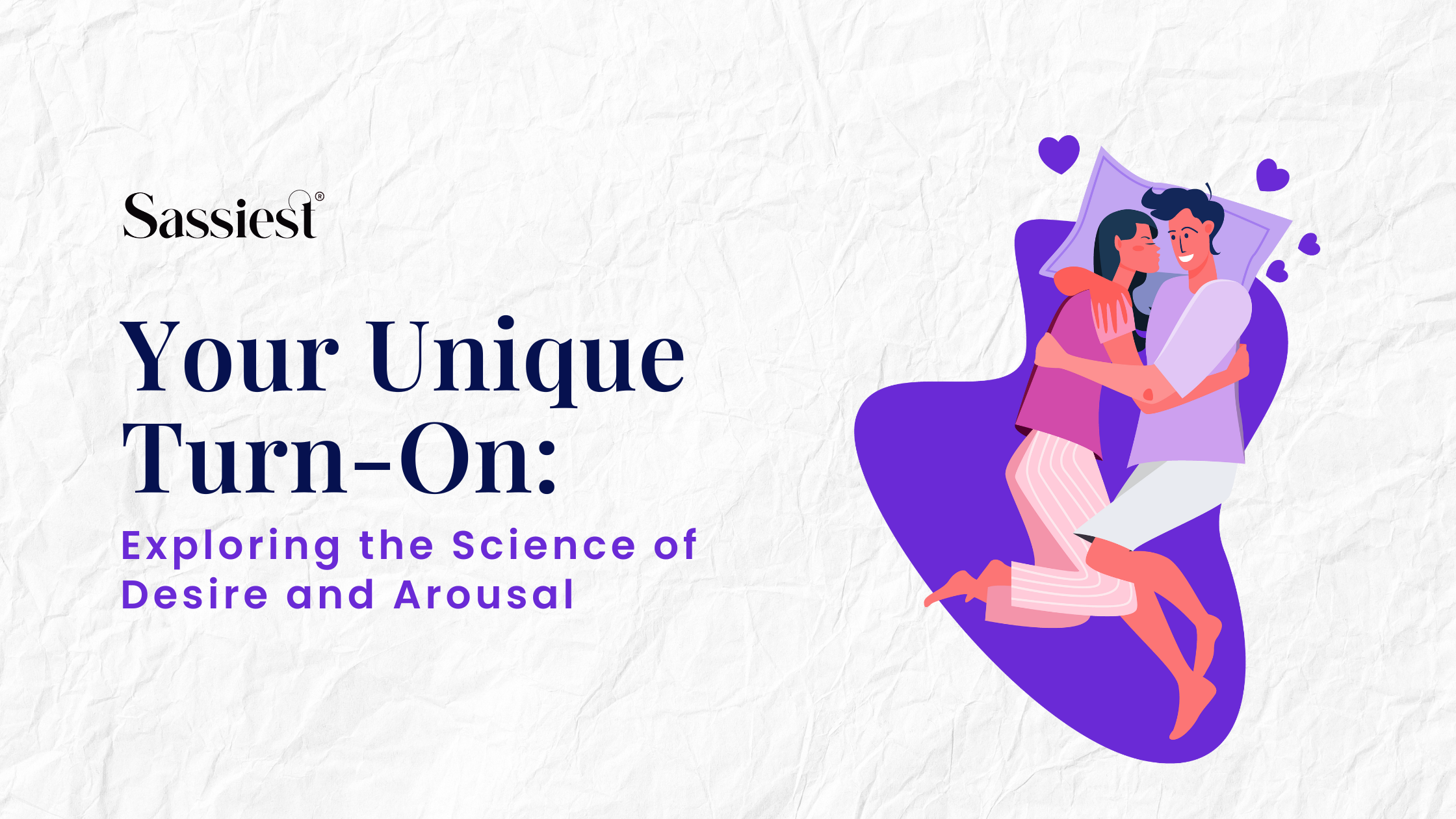Women have spent decades at the margins of medical science—excluded from trials, underserved by product design, and underfunded in research. The result? Misdiagnoses, generic hygiene solutions, and a persistent “invisible gap” in our care. But today, armed with data, advocacy, and pleasure-positive innovation, we can finally close that gap and give women’s health the full spotlight it deserves.
 The Invisible Gap in Research
The Invisible Gap in Research
Historical Exclusion
For much of modern medical history, women - even reproductive women - were routinely excluded from clinical studies for "safety" reasons, delaying our understanding of female physiology until the late 1990's. It wasn't until the NIH Revitalization Act of 1993 that congress mandated the inclusion of women and minorities in NIH- funded research.
Funding Disparities
Despite this law, funding remains skewed. As of 2020, only about 10.8 % of the National Institutes of Health budget goes specifically toward women’s health research—translating into fewer studies on menstrual disorders, menopause, and pelvic pain compared to other fields. In Canada, just 5.9 % of health research grants targeted female‑specific outcomes between 2009 and 2020.
Real‑World Consequences
This blind spot has real costs. Women experiencing heart attacks are more likely than men to be misdiagnosed—symptoms dismissed as stress or indigestion—leading to delayed treatment and greater long‑term damage. Similar gaps affect conditions from autoimmune disorders to chronic pain, where “female” presentations remain poorly characterized.
The Product Design Problem
Generic Hygiene, Generic Solutions
The global feminine hygiene market was valued at USD 29.5 billion in 2023, yet most products still ignore pH balance, microbiome health, and sensory experience—treating intimate care as a checkbox rather than a customized ritual. Meanwhile, the broader feminine intimate care market (wipes, washes, creams) reached USD 1.91 billion last year, with minimal innovation on comfort or pleasure fronts.
Beyond Clean—Towards Confidence
A recent survey found many women view intimate self‑care not just as hygiene, but as personal empowerment—yet struggle to find products that balance safety, efficacy, and enjoyment. This gap demonstrates an opportunity for brands involving a medical rigor with pleasure-positive design.
Policy, Stigma, and Education
Taboo & Misinformation
Globally, only 39 % of schools receive any menstrual health education and have proper disposal bins in fewer than 1 in 3, establishing stigma and misinformation that begin in adolescence.
Regulatory Oversight
Feminine products still skirt comprehensive labeling standards that other cosmetics follow. While the FDA’s premarket guidance ensures tampons and pads are toxin‑free, it doesn’t address pH‐friendliness or microbial balance in washes and wipes.
Bridging the Gap: Actions You Can Take
-
Own Your Story in the Clinic. Share your menstrual patterns, pelvic discomfort, and sexual health concerns openly—your doctor can’t treat what they don’t know.
-
Vote with Your Wallet. Choose brands (like us!) that invest in female‑centered R&D, from pH‑balanced washes to lubricants formulated for all bodies.
-
Support Inclusive Science. Participate in or donate your own data to citizen‑science programs that crowdsource women's health data, fast-tracking research on everything from microbiomes to hormone balance.
-
Push for Better Policy.Campaign for an expanded school curriculum in menstrual and sexual wellness, and push for better labeling rules that prioritize women's needs.
Sassiest Healthcare’s Promise
At Sassiest, we’re closing the gap by blending pleasure, hygiene, and science. Our Yonibath Intimate Wash balances pH and preserves microbiomes, while Slide & Glide Lube is dermatologically tested for sensitivity and crafted for silky‑smooth confidence. Every formula reflects real women’s feedback and clinical insight—because giving you a seat isn’t enough. You deserve the whole stage. By understanding the roots of the invisible gap—and supporting products and policies that prioritize women’s bodies—we can transform healthcare from one‑size‑fits‑all to uniquely you. Let’s close the gap together!






